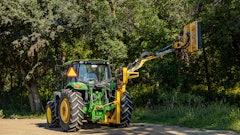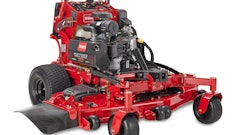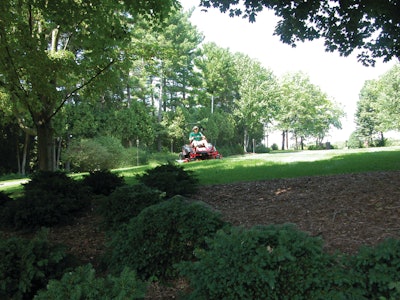
We have increased focus on the maintenance of our mowers over the last few years, but have always been puzzled to develop a plan to rotate them through the fleet. Here are a few of the reasons we have gone to leasing our mowers at Elizabeth River Landscape Management.
Less Maintenance, Fewer Repairs
A "new" mower is obviously much more dependable. This has allowed us to reduce the amount of time and money we spend on mower maintenance. Our two-year lease term allows our mowers to remain under full warranty. We still have a full-time mechanic on staff. But with the mowers remaining under warranty, our mechanic can simply make a phone call to our dealer for warranty work and remain focused on other repairs and preventive maintenance for our trucks, trimmers, blowers and other equipment.
Our lease is structured to allow us 900 hours per year with a two-year deal. The only catch is that at the end of the two years, you can pay the $1 buy option or turn the mowers back into the dealer—but the mowers must still be in good working order and have 20% tread life on the tires. But that's it. We used to exercise the $1 buy option, but those mowers soon became "problem childs" for us. So now we just trade the mowers back in.
New equipment at lower cost
It's pretty simple to me: Leasing allows us to have the newest equipment at a fraction of the cost if we were to buy it new. I've seen studies showing that most single-mower to five-mower companies run out the term of the loan when buying a new mower. Well, once the term of the loan is up, so is the life of the mower, more than likely. I haven't come across too many commercial maintenance companies that are running machines longer than five years. If they are, those machines become money pits of repairs.
Managing the fleet
We try to have one-third of our mowers come up for lease renewal each year. This keeps the cost down but still keeps our equipment new. We have over 60 mowers in our lease program.
Altogether we have over 150 pieces of equipment and are working to flip all of it. We treat our handheld equipment as disposable. If we can get three or four years out of a piece of handheld equipment, we figure we are ahead of the game. Because we're leasing our mowers, we can continually buy new handheld equipment more easily, and also better control our shop expenses.
Final thoughts
Purchasing a new mower does allow a landscape company to have an asset, which might be quite important to some companies, especially the smaller ones. But we've found that leasing mowers is the way to go.
Make sure you check with your accountant to understand the tax pros and cons of leasing equipment and how it will fit into your profit and loss statement.





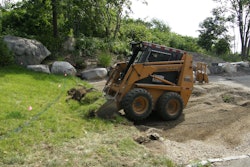





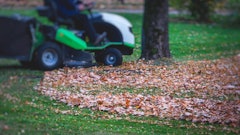
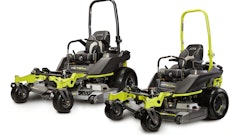
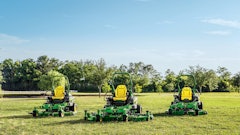
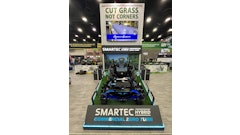

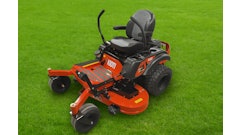
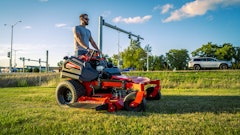

![U8kj71gt 720[1]](https://img.greenindustrypros.com/mindful/acbm/workspaces/default/uploads/2025/10/u8kj71gt-7201.8OyDyc124u.jpg?ar=16%3A9&auto=format%2Ccompress&fit=crop&h=135&q=70&w=240)
